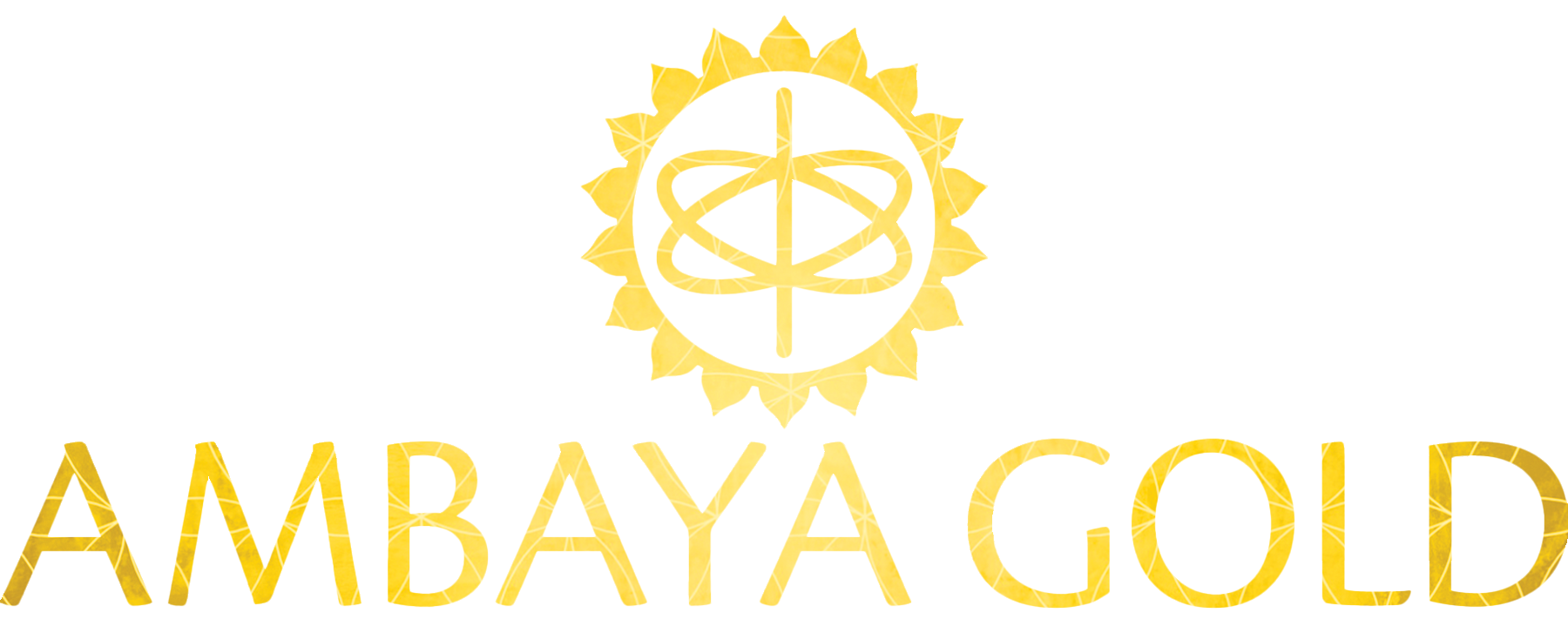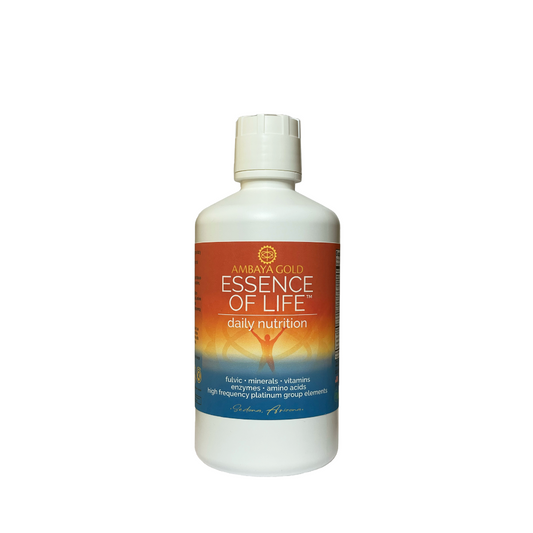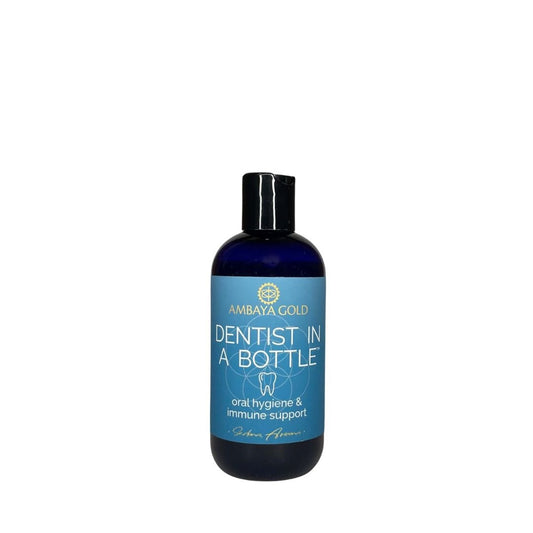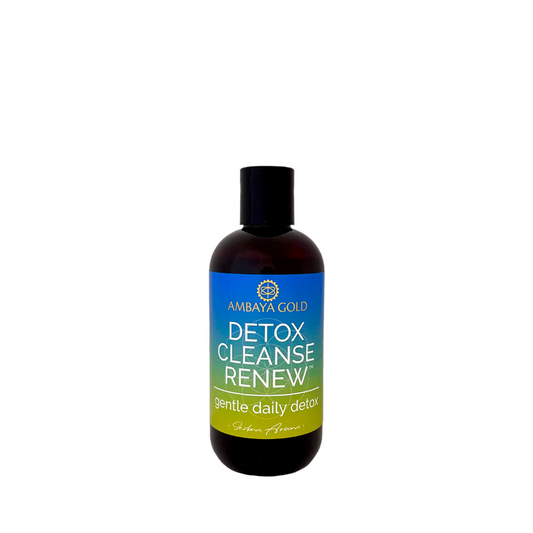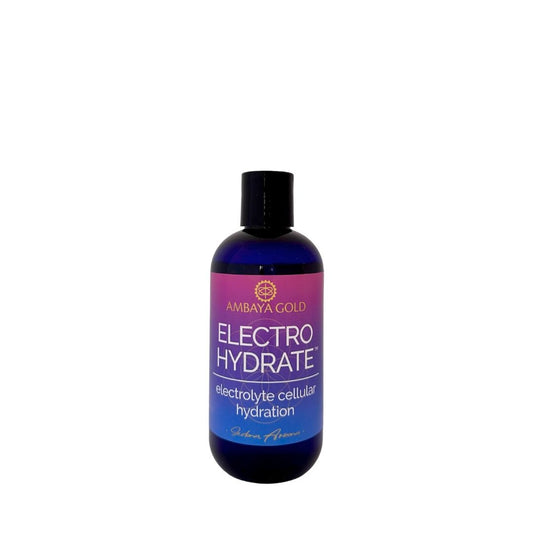In the realm of holistic health, minerals like zinc might not get the spotlight they deserve. Yet, zinc is a vital nutrient that plays a crucial role in numerous bodily functions. From supporting the immune system to aiding skin health, zinc is indispensable for maintaining overall well-being. This blog explores the potential benefits of zinc, the consequences of zinc deficiency, and how to ensure you're getting enough of this essential mineral!
Zinc is an essential trace mineral that plays a pivotal role in numerous biological processes within the human body. Unlike some minerals that are required in large quantities, zinc is needed in only small amounts, but its impact is profound and widespread.
Signs of Zinc Deficiency
1. Weakened Immune Function

One of the earliest signs of zinc deficiency may be a weakened immune response. Frequent infections, slow wound healing, and prolonged colds can indicate a lack of zinc.
2. Hair Loss
Hair loss can be a symptom of various deficiencies, including zinc. Zinc is necessary for the health of hair follicles, and insufficient levels can contribute to thinning and loss of hair.
3. Skin Problems
Dermatitis, acne, and other skin issues are common signs of zinc deficiency. Without adequate zinc, the skin cannot maintain its integrity, leading to increased inflammation and susceptibility to infections.
4. Loss of Appetite and Weight Loss
Zinc deficiency can affect appetite control and taste perception, leading to reduced food intake and unintentional weight loss.
5. Cognitive Impairment
Low levels of zinc can lead to cognitive issues such as impaired learning and memory, highlighting the importance of this mineral for brain health.

The Benefits of Zinc
1. Immune System Support
Zinc is a key player in maintaining a healthy immune system. It is essential for the development and function of immune cells. According to the National Institutes of Health (NIH), zinc may help the body support its natural defenses against invading bacteria and viruses.
2. Wound Healing
Zinc is important for skin health and wound healing. It is necessary for collagen synthesis, cell division, and inflammation control. Some studies suggest that zinc supplementation may support the natural healing process of skin.
3. Skin Health
Acne and other skin conditions can sometimes be linked to a lack of zinc. This mineral helps regulate oil production in the skin and may support the skin's natural defenses against bacterial infection and inflammation. Topical zinc treatments and zinc supplements are commonly used to support overall skin health.

4. DNA Synthesis and Cell Growth
Zinc is vital for DNA synthesis and cell growth, making it especially important during pregnancy, childhood, and adolescence. It supports normal growth and development and is crucial for the proper function of the reproductive system.
5. Cognitive Function
Emerging research suggests that zinc plays a role in brain function and may support cognitive performance. It supports neurotransmitter function and helps protect neurons against oxidative stress.
Ensuring Adequate Zinc Intake
To maintain optimal health, it's important to include zinc-rich foods in your diet. Some of the best dietary sources of zinc include:
- Meat: Beef, pork, and lamb
- Seafood: Oysters, crab, and lobster
-
Dairy: Cheese and milk

- Nuts and Seeds: Pumpkin seeds, sesame seeds, and cashews
- Legumes: Chickpeas, lentils, and beans
- Whole Grains: Quinoa, oats, and brown rice
For those unable to meet their zinc needs through diet alone, zinc supplements are available. However, it's essential to consult with a healthcare provider before starting any supplement regimen. We offer Zinc in our multivitamin, Essence of Life.
Zinc is a cornerstone of holistic health, contributing to everything from immune function and wound healing to skin health and cognitive performance. Recognizing the signs of zinc deficiency and ensuring adequate intake through a balanced diet or supplementation can help maintain optimal health and well-being. By understanding the vital role zinc plays in our bodies, we can make informed choices to support our overall health naturally.
Sources:
- National Institutes of Health - Zinc
- National Library of Medicine - Zinc and Wound Healing
- Journal of Clinical and Aesthetic Dermatology - Zinc and Acne
- Journal of Nutrition - Zinc and Growth
- Frontiers in Aging Neuroscience - Zinc and Cognitive Function
- American Journal of Clinical Nutrition - Zinc Deficiency and Immune Function
- National Library of Medicine - Zinc and Hair Loss
- National Library of Medicine - Zinc and Skin Health
- Nutrition Reviews - Zinc and Appetite
- Biological Trace Element Research - Zinc and Cognitive Function
